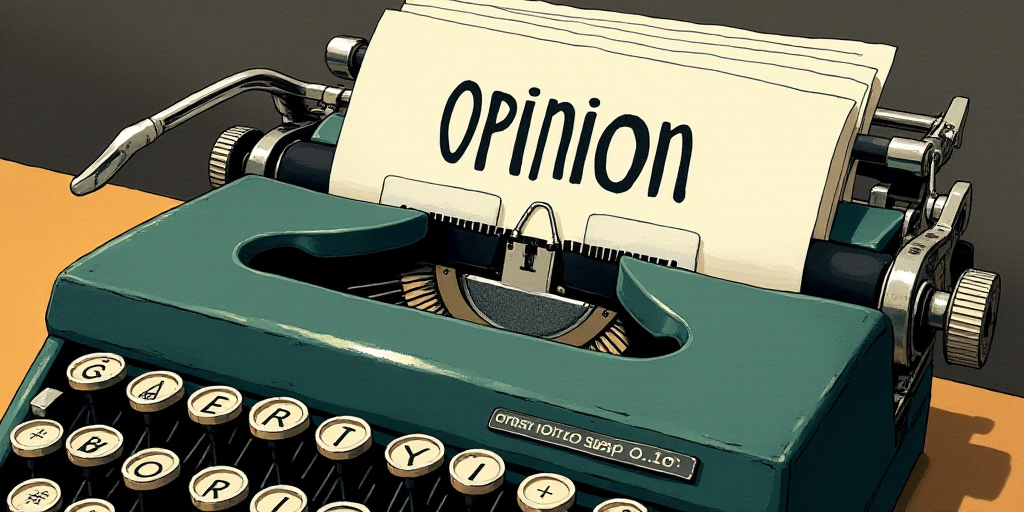Introduction
World Recycling Day, celebrated annually on May 17th, encourages reflection on waste management and its impact on the economy and environment. As the circular economy emerges as an alternative to the linear “use and discard” model, it is essential to examine the current state of recycling in Mexico, Latin America, and globally.
Mexico’s Recycling Landscape
Mexico generates approximately 42 million tons of solid waste each year, with only 7% being recycled. However, the country shows significant progress in recovering PET bottles, with a 64% recovery rate, surpassing countries like the United States and Canada.
The recycling industry in Mexico has invested over 700 million dollars in recent years, creating around 70,000 direct and indirect jobs. Despite these efforts, only 51.3% of Mexicans separate waste at home, highlighting the need for improved environmental education and recycling infrastructure.
Base Recyclers in Latin America
In Latin America, base recyclers play a crucial role, accounting for up to 50% of material recovery in the region. However, only 10% are formally organized, indicating the need for policies that acknowledge and value their work.
The region faces challenges in terms of infrastructure and public policies. For instance, Brazil’s recycling rate is 4%, and over 70% of Brazilians do not properly sort their recyclable waste.
Global Recycling Challenges
Globally, recycling rates have declined for the eighth consecutive year, with only 6.9% of the 106 billion tons of annual material use coming from recycled sources.
Moreover, e-waste generation is increasing five times faster than documented recycling rates, posing a significant threat to health and the environment.
Circle Economy’s report emphasizes that even in an ideal scenario, recycling could only meet 25% of global material needs, underscoring the necessity to reduce consumption and adopt more sustainable economic models.
Economic, Social, and Environmental Implications
Recycling is not just an environmental issue but also an economic and social one. Initiatives like the “Just Tonnage” model in Latin America aim to recognize and fairly compensate base recyclers, promoting a more equitable and inclusive recycling process.
Furthermore, programs like the “Barter Market” in Mexico City foster a recycling culture by enabling citizens to exchange recyclable waste for agricultural products, strengthening local economies and environmental awareness.
Key Questions and Answers
- What is the current state of recycling in Mexico? Mexico generates 42 million tons of solid waste annually, with only 7% being recycled. However, the country has made significant strides in PET bottle recovery, with a 64% recovery rate.
- How does the circular economy relate to recycling? The circular economy offers an alternative to the linear “use and discard” model, emphasizing resource efficiency and waste reduction.
- What challenges does Latin America face in recycling? Despite base recyclers’ significant contributions, only 10% are formally organized. Additionally, infrastructure and public policy challenges persist across the region.
- What are the global recycling challenges? Global recycling rates have been declining, and e-waste generation is increasing faster than recycling rates, threatening health and the environment.
- How can we improve recycling practices? Implementing models like “Just Tonnage” and fostering local exchange programs can promote equitable, inclusive, and sustainable recycling practices.






